Here’s What’s Happening With the Massive Britannia Farm Redevelopment Plan in Mississauga
Published April 11, 2018 at 7:41 pm
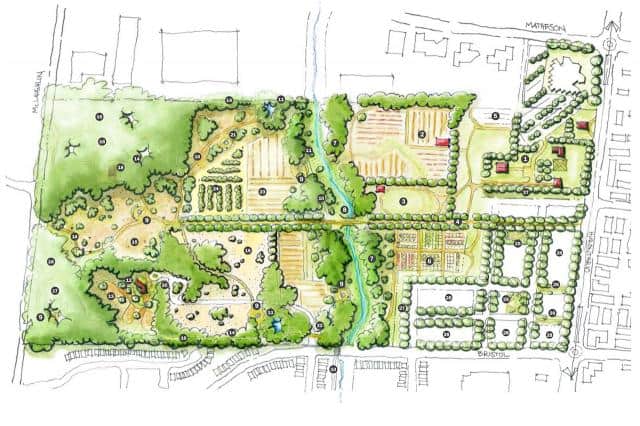
For years, no one quite knew what would become of the 200-acre historical agricultural property known as the Britannia Farm.
Now, it looks like plans to transform the property are closer to becoming reality.
City of Mississauga council approved changing the zoning of a 32 acre parcel of land located on Britannia Farm from institutional to mixed use. That means that the city and the Peel District School Board (which owns the farm) are now free to transform the parcel of land located on the northwest corner of Hurontario Street and Bristol and move forward with a proposal to have the land include a variety of housing types, including affordable housing.
The opportunity will now allow the PDSB to either look at selling or leasing the parcel for funding.
The entirety of the Britannia Farm is currently zoned as institutional, with the exception of the Cooksville Creek.
This specific parcel on the Farm has been the subject of discussions for a number of years, as approval has been necessary for a variety of components to prepare the lands. Back in 2010, the Heritage Advisory Committee needed to give the PDSB approval to move three heritage properties from the 32 acre parcel to another area of the farm.
The historic properties on the site include the red brick Britannia Schoolhouse (c. 1870), Britannia Farmhouse (c. 1860 and 1870), two-storey Gardney-Dunton House (c. 1830) and Conniver Barn (c. 1880).
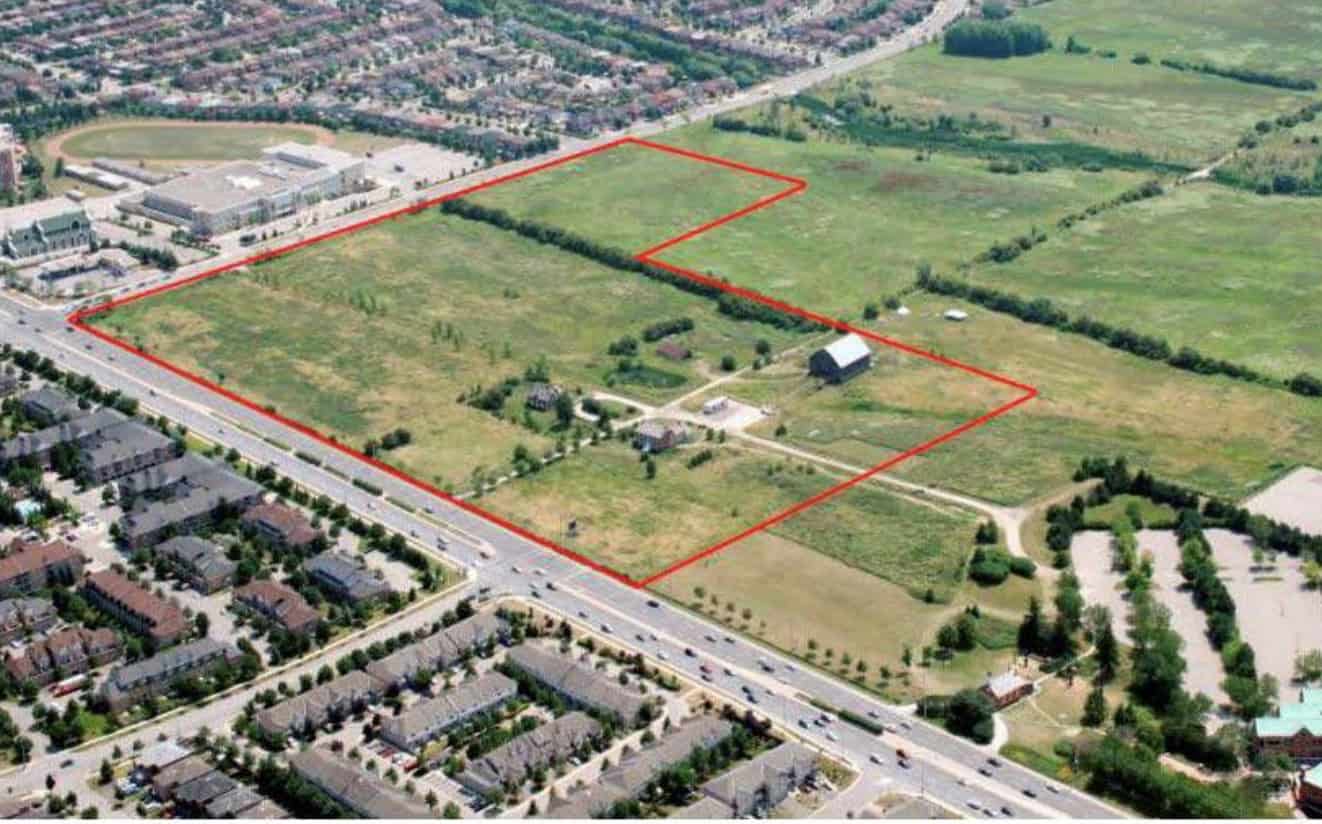
The purpose of moving the heritage buildings is to clear land in order to develop housing, as well as to move the properties to a section of the farm that will be used for educational purposes. The historical portion will also include an improved Farm lane, a historic corridor that links the various zones together and connects the Farm to Hurontario Street.
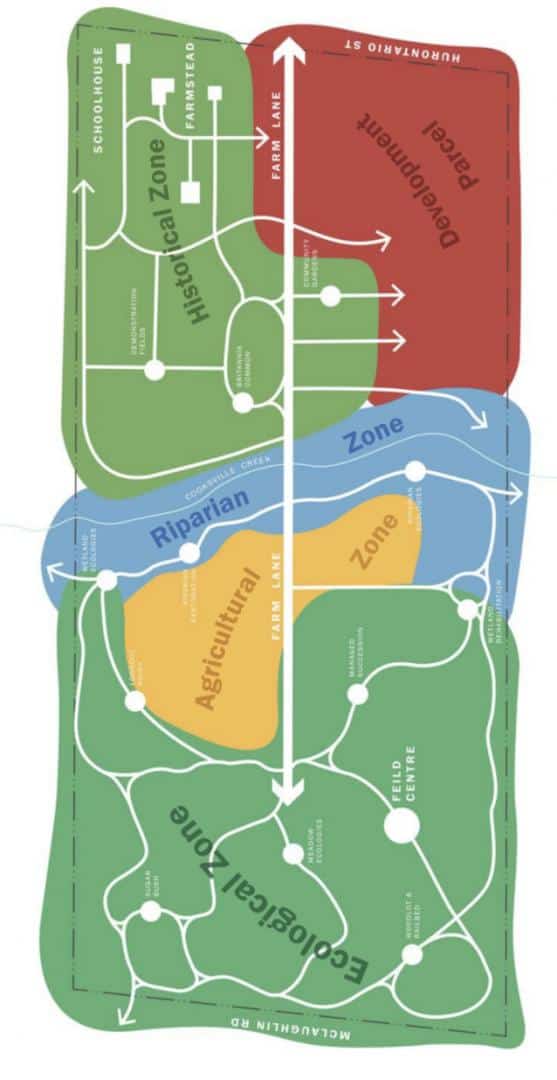
However, a report at the Heritage Advisory Committee on April 10 showcased images that suggested the heritage buildings could remain where they are. In these images, buildings were simply built around the heritage properties. Councillor Carolyn Parrish expressed displeasure with the idea of building around heritage buildings and said that it would be something that could be devastating to the significance of the properties.
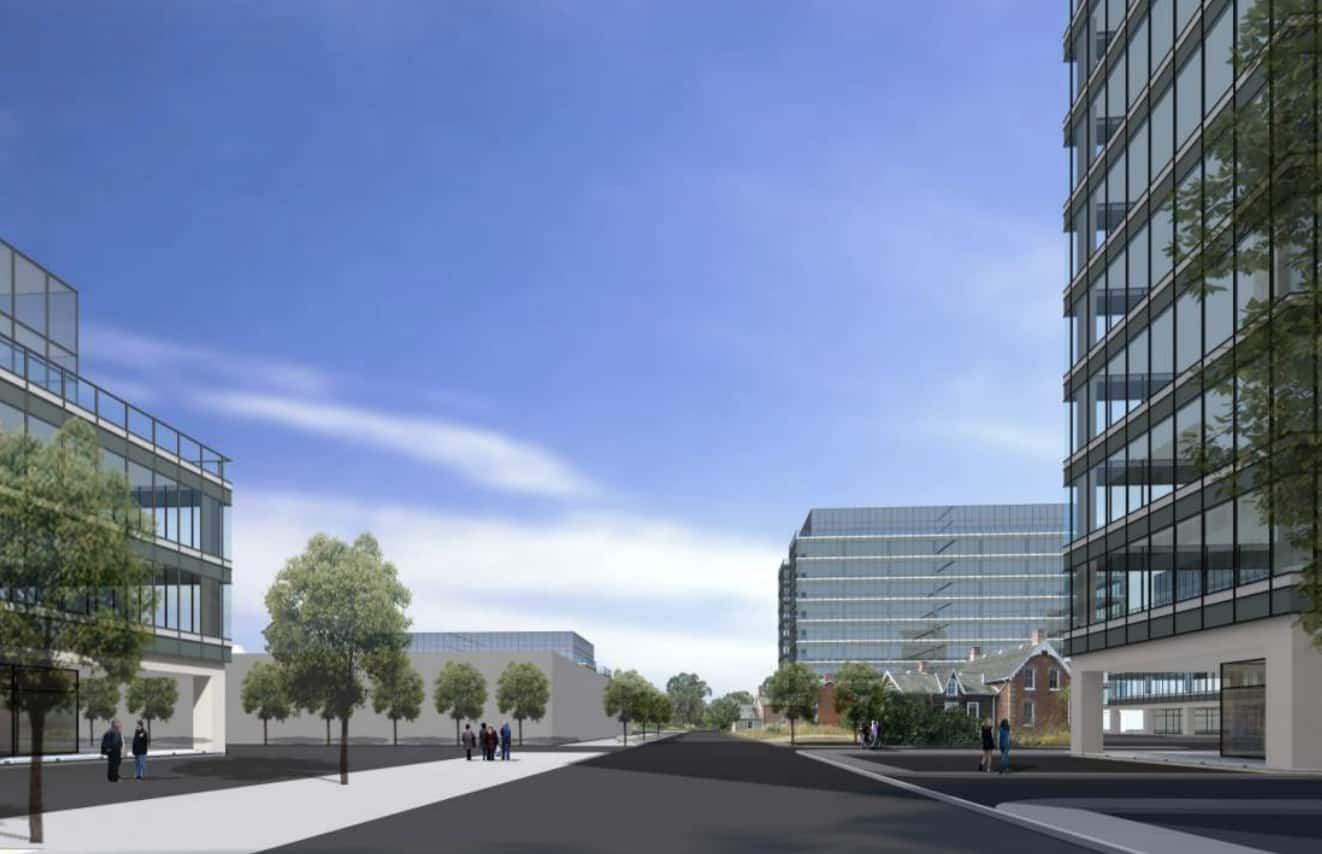
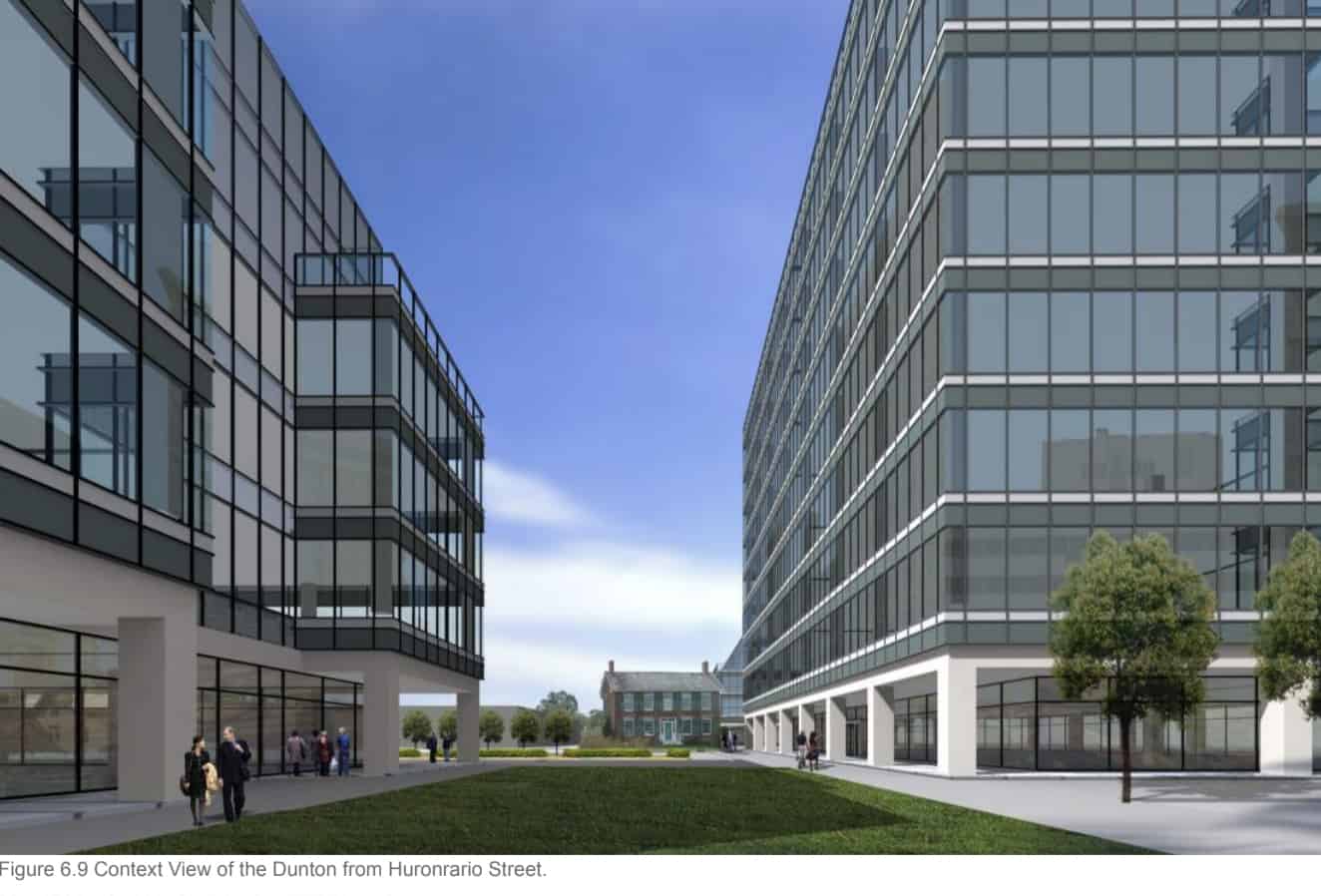
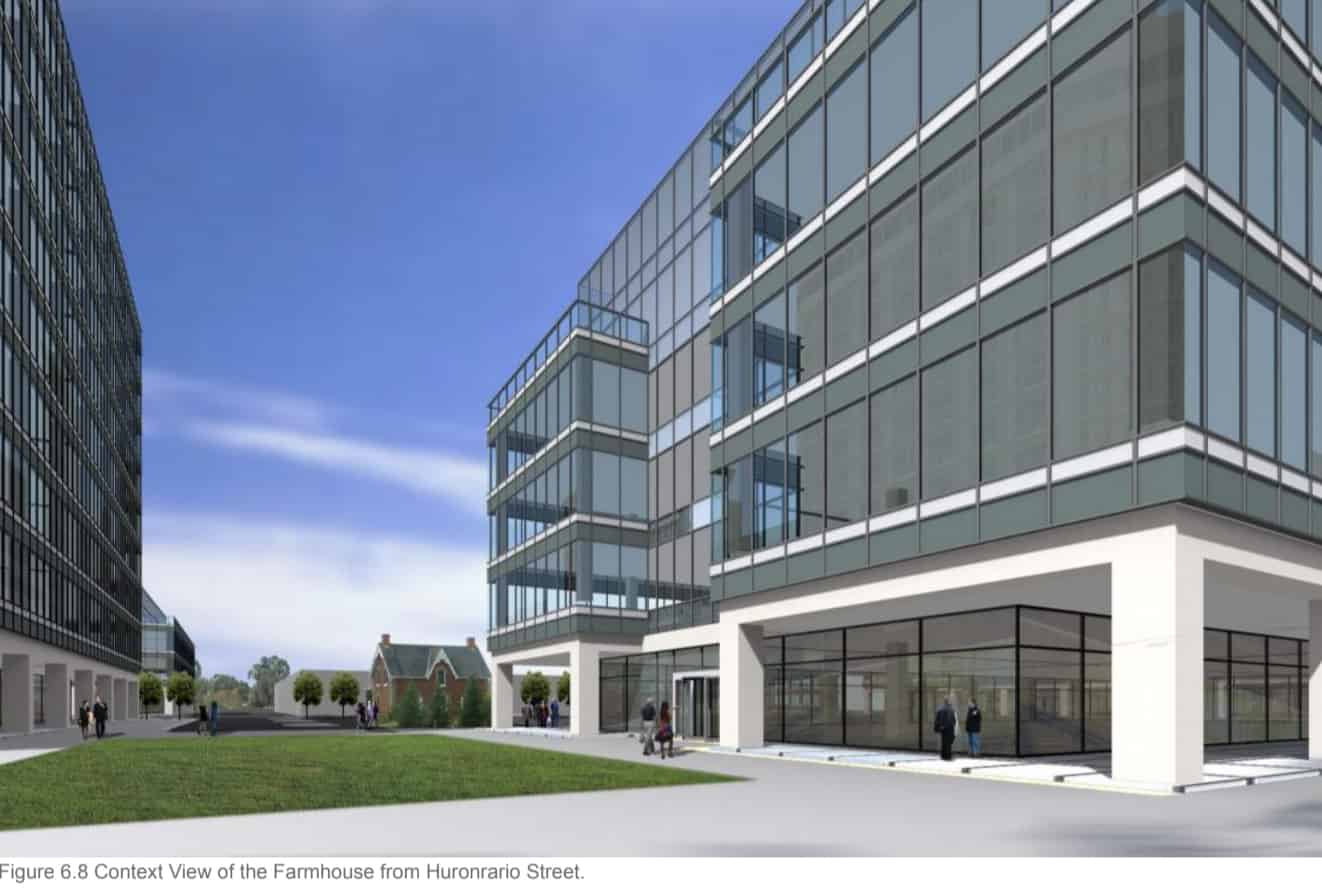
Most community members who attended a public meeting back in October 2017 did approve of the idea of moving the heritage properties to another place on the farm. Parrish says that, at this point in time, approximately 99 per cent of the individuals within the community are convinced that this is a good project.
As for what will happen going forward, the PDSB will look at either selling the land to a developer or leasing the lands for continuous revenue streams. Once this happens, the city will receive studies and agreements for review. New housing is a possibility, as these may include a draft plan for subdivisions and/or condos and a site plan.
There will be other reports regarding stormwater management, a feasibility study and an environmental assessment among other documentation.
Phylis Hampshire, a resident that came forward during question period, asked if the citizens of Mississauga can somehow be assured that this will be the only proposed development on the land.
“It’s a very special piece of land in the middle of Mississauga, it would be nice if it could stay open,” says Hampshire.
“We adopted [the land] as a future outdoor education centre. The current Peel Board Chair has done everything in her power to keep that land the way it was intended by King William the Fourth, which was for the benefit of the children of Peel,” says Parrish. “As far as selling any more pieces of land off, it’s not going to happen. This piece at the front is just so they can finance 168 acres of outdoor education centre.”
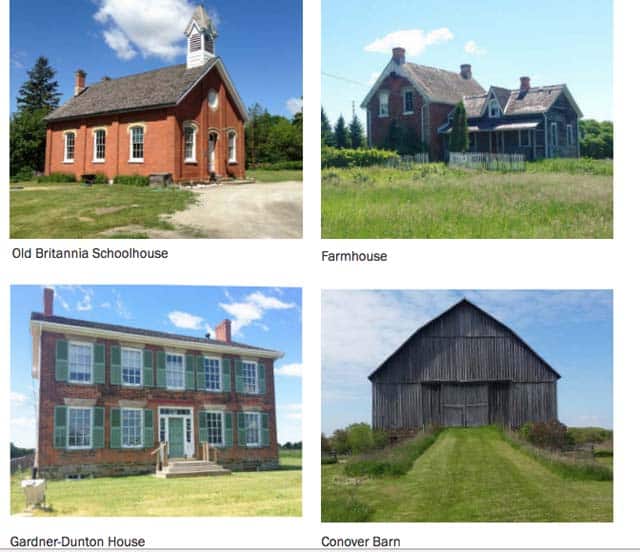
Historical properties on the farm
The development of these lands is important, as they’re located near the future Hurontario LRT stop and the soon-to-be-reinvigorated Hurontario Street corridor. For that reason, the city says the parcel must be developed with attention to its surroundings. In short, it’s an attractive yet sensitive project. Since the parcel surrounds 170 acres of historic and cultural landscape and the connection to downtown, the development should include a number of criteria discussed in the Master Plan.
The Master Plan recommends student-focused environmental and agricultural programs, the establishment of landscape zones, a development parcel that will be 32 acres in size and phased public access in partnership with the city of Mississauga.
It is recommended that the proposed development include open spaces, parks, trees, and “a place to foster community.” For example, it is recommended that parking for any of the proposed developments be primarily underground and out of view from the public realm.
One issue that came to light was a part of the report that included development of a road within the park. Parrish cautioned staff at the city, saying “an area of caution I would give to [city staff], is when you talk about the potential opportunities for future road construction, it better not be on the 168 acres [of outdoor educational space].”
Since the Britannia Farm has just received approval for the mixed use zoning, the city has taken the first step in what could be a long process. In the future, there will be more discussion on the planning of the site with developers and potential for sale of the land.
It will be interesting to see what unfolds next.
“It’s a very proud day for me,” says Parrish who been on this project since she was a trustee on the school board with Councillor George Carlson.
Janet McDougall, chair of the public board, was acknowledged at the meeting for her significant contribution to the project over the years, and with McDougall retiring this year, it will be a legacy project for her as she enters retirement.
“Janet I want to congratulate you myself for all your years of service, thank you, and also for protecting this jewel that our residents are very protective of as well. It’s a piece of land that people don’t want to see altered in any way, you’ve respected that and we thank you for your plans,” says Mayor Bonnie Crombie.
Editor’s Note: A previous version of this story misidentified Janet McDougall as Janice Baker, Mississauga’s city manager. We regret the error.
INsauga's Editorial Standards and Policies